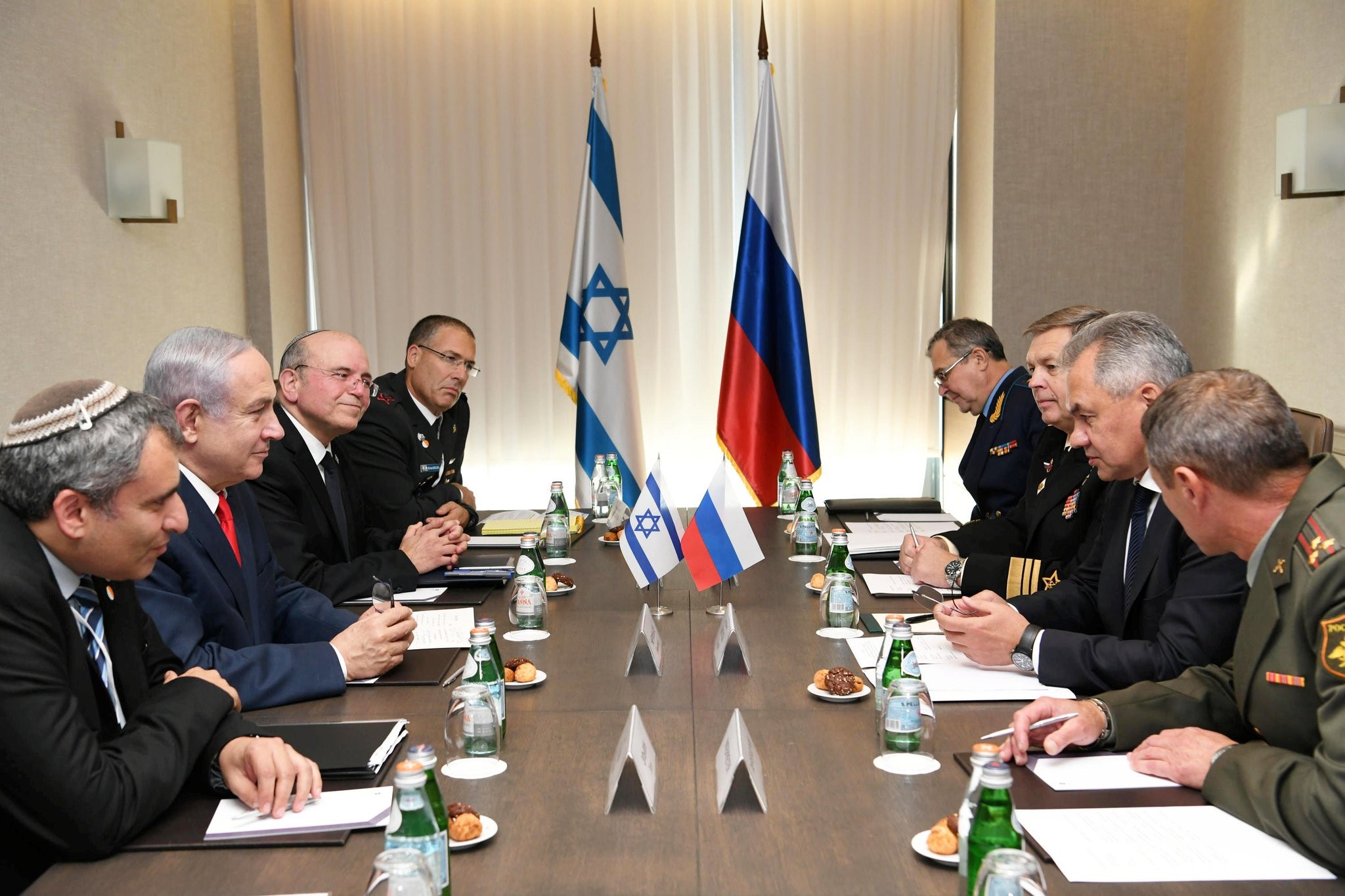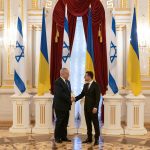RUSSIA MONITOR
Date: 17 September 2019
PM Netanyahu and Israeli Delegation Pay a Pre-Election Visit to Sochi
A few days before the election, Israeli Prime Minister yet again sought to get support from Vladimir Putin. Although during his latest visit to Sochi high on the agenda were the issues of Syria and Iran, it is widely speculated that Netanyahu’s trip to Russia may help boost his electoral popularity among the Russian-speaking electorate. And as for Iran, Moscow has no intention of shifting its current policy.

On September 12, Israeli PM Benjamin Netanyahu headed for his third trip to Russia this year. Previously, in April, he had paid another quick visit to Russia, also five days ahead of the planned voting. This time Israeli PM brought to Sochi a considerable group of military officers and heads of the country’s special services, but he aimed to show himself up next to Putin in Israeli media outlets.
Support Us
If content prepared by Warsaw Institute team is useful for you, please support our actions. Donations from private persons are necessary for the continuation of our mission.
At first glance this seemed to be a top-level meeting devoted to the security of the Jewish State, with Israeli officials holding talks with Russian Defense Minister Sergei Shoigu and Russian generals. Included as part of the Israeli delegation to Sochi were two senior IDF commanders: Chief of Staff General Aviv Kochavi and Head of the IDF Operations Directorate General Aharon Havilah. Netanyahu flew to Sochi with Head of the Military Intelligence Directorate General Tamir Hayman and National Security Council Director Meir Ben-Shabbat. Judging by what both sides said following the Sochi meeting, no key decisions were made, though. But the very fact of a Putin-Netanyahu bilateral meeting spoke explicitly to the Israeli population, with the issue of Israeli-Russian ties, and threats posed by Iran or Hezbollah, growing as one of the top stories in the Israeli media. Netanyahu has yet once again managed to show himself off as the only Israeli statesman to boast an extensive network of contacts worldwide that serve to protect the security of the state and its citizens. But what was also important was the message sent to the Russian-speaking part of Netanyahu’s electorate. In the upcoming vote, the Likud party will try to drag these voters away from competitive right-wing parties, with that led by Avigdor Lieberman at the helm. While meeting Putin, a politician that enjoys high popularity amongst immigrants from the former Soviet republics, Netanyahu intended to win some extra points from these voters. A similar tendency resonated not so long time ago in Kiev, Ukraine, a country that boasts a large group of Jewish immigrants that came live on Israeli soil. For his part, Putin reiterated the great importance of Russian-speaking voters, albeit refrained himself from overtly stating his favorite in the election runoff. What served as another important factor behind the Putin-Netanyahu talks was the former’s distinguished stance than that presented by the Israeli PM. Not so long time ago, Benjamin Netanyahu said that he would annex the occupied area of the West Bank, seized from Jordan in the 1967 war, if voters returned him to power in the upcoming election.
All texts published by the Warsaw Institute Foundation may be disseminated on the condition that their origin is credited. Images may not be used without permission.














